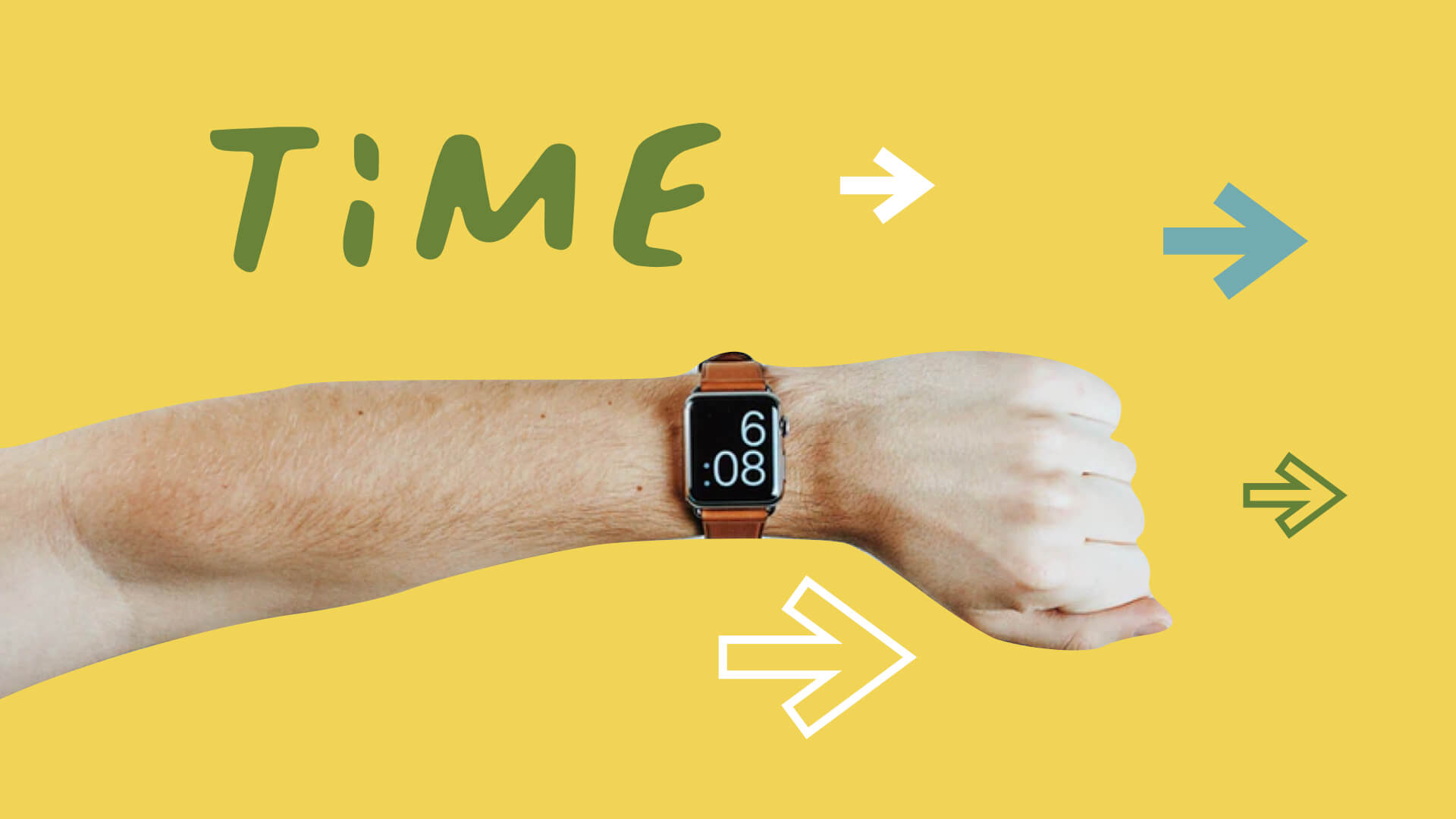We’ve all been there. Being unproductive and feeling guilty about it.
Why feel guilty? The common top 3 reasons:
- We know that we’re supposed to be doing something else but we’re not.
A few examples would be sleep, exercising, meditating, studying. - Our rational mind has taken a backseat and we’re out of control.
We fall into the rabbit hole and spend hours binge watching videos, playing games, scrolling on social feed, or too much time rolling around. - We constantly compare ourselves with others who seemed to have achieved more , who get more stuff done in their lives. This makes us feel less of ourselves.
There’s a bad reputation around being unproductive because of its false association with laziness.
But being unproductive can mean that we:
- are not actively trying to achieve something.
- Can let loose and relax when we need to.
- Procrastinate on the right things in life.
The wise one who hurries when hurrying is needed,
– Theragatha 293
and who slows down when slowness is needed,
is happy because his priorities are right.
So, how can we stop feeling guilty about being unproductive?
1. Be unproductive on purpose
This sounds counter intuitive. Let me explain. Recall the time when your schedule is empty and you hit your friends up and spend the day watching movies, chatting, and playing games? Well, we weren’t productive per se. And we surely don’t feel guilty for having a good relaxing time together. Why? That’s because we set the intention and purpose of the gathering to chill.
But when we are doing these recreational activities when we didn’t ‘plan’ for it, the feeling of guilt can spring up easily. I’ve personally overcome this by blocking a time on my calendar to do absolutely nothing or anything. This has been tremendously helpful in helping me to be at ease with myself, to go with the flow, to be less uptight about life. As the famous saying goes “We’re human-being, not human-doing”!
2. Manage the expectations you set for yourself.
Humans aren’t robots. If even robots need rest, so do we. The constant need to stop being unproductive and to pack our schedules with tasks after tasks in the name of productivity can lead to burn out. It’s ok to give ourselves space to let loose.
I have a friend whom I considered to be highly successful and productive. I’m always impressed by how he could be a best-selling author, speaker, philanthropist, doing so many things and yet find the time to meditate for 2 hours a day! I asked him what he does before his evening meditation. And his reply took me by surprise:
“Usually, wasting my time consuming entertainment in 1 of 3 ways:
- watching TV
- vegetating in front of social media
- playing video games”
Even the most productive person has their ‘unproductive’ moments! And that’s okay.
We can learn to set realistic expectations for ourselves so that we don’t get disappointed when we fall short.
3. Forgive and try again
The journey to make valuable use of our time can be a bumpy one. Many failed attempts to be productive can demoralise us or drag us deeper into guilt.
As Sharon Selzberg often says “The moment you realise you’ve been distracted is the magic moment. It’s a chance to be really different, to try a new response.” This is such an empowering statement that shifted my perspective of how I treat my failed attempts. Rather than see them as reasons to justify how I’ll never be able to make it, I can take them as learning moments. I now look at the bumps with curiosity, have fun experimenting new ways to build good habits, and enjoy the process of rediscovering myself.
When we look back, we would also notice how far we have come. So, remind yourself of what you have tried your best to do. Go at your own pace, celebrate your own successes, and keep moving forward. Slowly but surely.
Lastly, feeling guilty might be a good thing!
The piece of good news is, feeling guilty is a sign that we know there’s room for improvement.
We just have to turn that guilt into a positive and constructive energy – rather than wallowing in self-pity, we can learn about the reasons why we are unproductive in order to resolve them. Keep trying!


